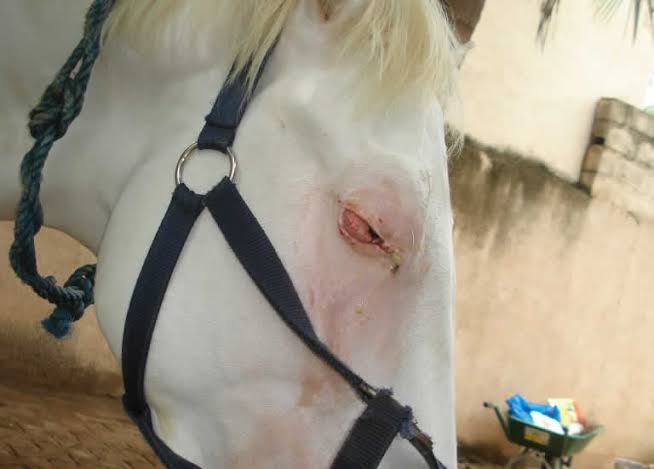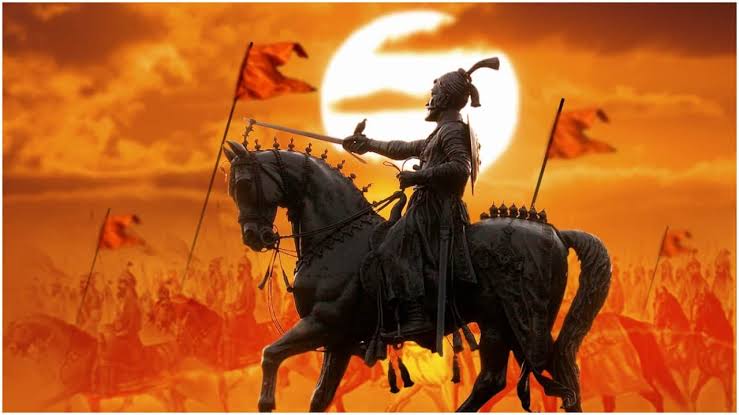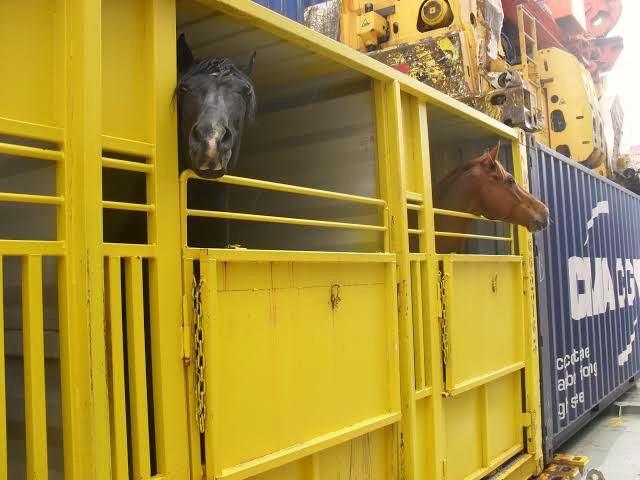
Why Marwari Horses and Other Indigenous Breeds are Banned for Export in India
India is a land renowned for its rich cultural heritage, which encompasses diverse traditions, art forms, and even animal breeds. Among these treasured assets are the indigenous horse breeds that have played a significant role in the history and culture of the nation. However, to preserve their uniqueness and safeguard their conservation, India has implemented a ban on exporting indigenous horse breeds. In this article, we will explore the reasons behind this ban and the importance of preserving these invaluable equine treasures.

List of Indigenous Horse Breeds in India that are Banned for Export:
Marwari Horse: Originating from the Marwar region of Rajasthan, the Marwari horse is known for its distinctive inwardly curved ears. It is a breed with significant historical and cultural importance and is highly valued in India.
Kathiawari Horse: The Kathiawari horse is native to the Kathiawar Peninsula in Gujarat. It is recognizable by its convex profile, large eyes, and strong build. This breed has adapted to the arid desert conditions of the region.
Manipuri Pony: Native to the Manipur region in northeastern India, the Manipuri pony is a small but hardy breed. It has played a vital role in traditional sports such as polo and sagol kangjei (Manipuri hockey).
Bhutia Horse: The Bhutia horse originates from the Sikkim and Bhutan regions in the eastern Himalayas. It is a robust and sure-footed breed well-suited for the challenging mountainous terrains.
Zanskari Horse: The Zanskari horse is indigenous to the Zanskar region in the Indian state of Jammu and Kashmir. It is adapted to the harsh climate and rugged landscapes of the Himalayas.
Spiti Horse: The Spiti horse is found in the Spiti Valley of Himachal Pradesh in northern India. It is a sturdy breed that has developed resilience to survive in high altitude, cold desert conditions.
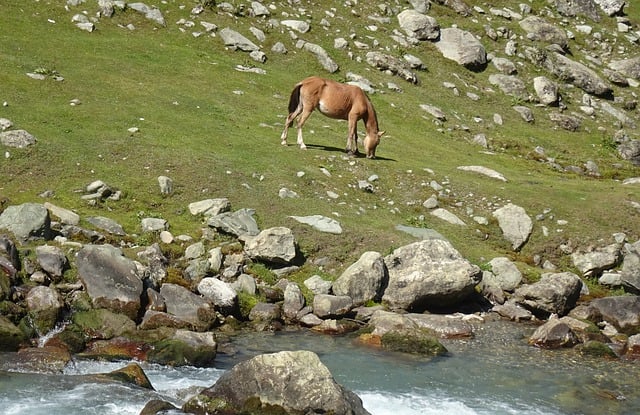
Reasons for Banning Indigenous Horse Export in India
The export of indigenous horse breeds is banned in India due to several reasons:
Preservation of Genetic Heritage
Indigenous horse breeds in India have evolved over centuries, adapting to specific climatic conditions and terrains. These breeds possess unique genetic traits and characteristics that are valuable from a biodiversity perspective. By banning their export, India aims to protect the genetic purity and integrity of these native breeds, preventing their dilution through crossbreeding with foreign breeds.
Cultural and Historical Significance
Indigenous horse breeds are deeply embedded in India’s cultural and historical heritage. They hold immense cultural, religious, and traditional importance, often being associated with specific communities and ceremonies. These breeds have been an integral part of Indian history, folklore, and equestrian practices. Banning their export helps preserve and maintain these cultural connections and ensures their continued presence in the country.
Environmental Adaptability
Indigenous horse breeds in India have adapted to local climatic conditions and landscapes over generations. Exporting them to foreign countries with different environments could pose risks to their well-being. These breeds may struggle to adapt to unfamiliar conditions, leading to health issues and compromising their survival. The ban on export ensures that these horses remain in their natural habitats, where they are best suited to thrive.
Conservation and Sustainable Use
Many indigenous horse breeds in India are facing a decline in population due to factors such as changing agricultural practices, urbanization, and the advent of mechanization. Banning their export helps protect them from further depletion and encourages their conservation within the country. It allows for the implementation of conservation programs, responsible breeding practices, and sustainable use of these breeds, supporting their long-term survival.
Prevention of Unregulated Trade and Exploitation
The ban on exporting indigenous horse breeds aims to curb unscrupulous practices such as illegal trade, smuggling, and exploitation for financial gain. These practices not only endanger the welfare of the horses but also disrupt their conservation efforts. Strict regulations and export bans help ensure that these breeds are not subjected to unethical treatment and are protected from exploitation.
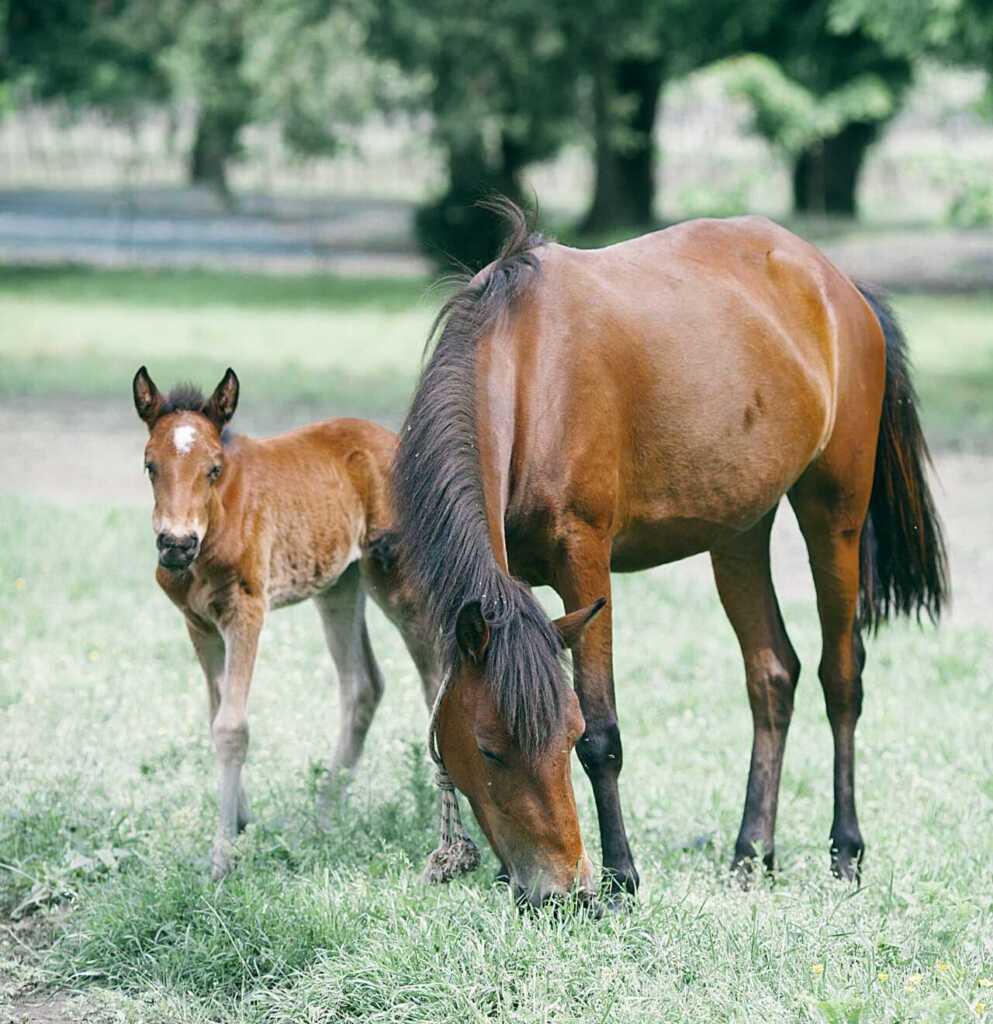
Conservation Efforts
Recognizing the importance of preserving indigenous horse breeds, India has taken several measures to support their conservation:
Establishment of Conservation Centers
Dedicated conservation centers and breeding programs have been set up across the country to protect and propagate indigenous horse breeds. These centers provide expert care, veterinary services, and guidance to breeders to ensure the survival and growth of these unique populations.
Encouraging Responsible Breeding
The government promotes responsible breeding practices to maintain the purity and genetic integrity of indigenous horse breeds. Breed registration and certification processes are in place to regulate breeding activities and prevent crossbreeding.
Public Awareness and Education
Raising public awareness about the significance of indigenous horse breeds is essential for their conservation. Through educational campaigns, outreach programs, and events, the government and equine associations aim to foster a sense of pride and responsibility among the public towards these native equines.
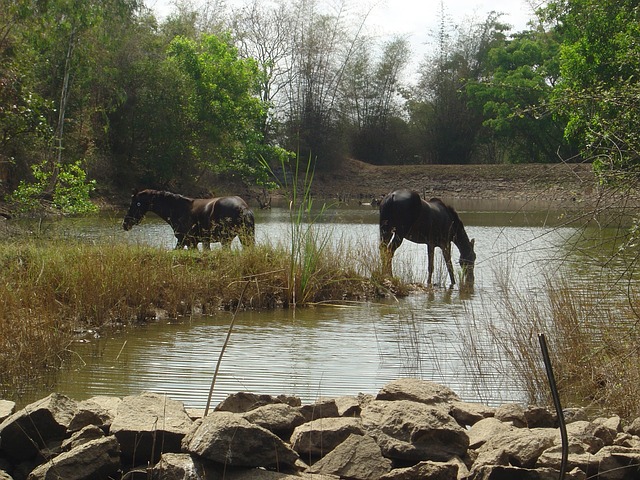
Conclusion
Overall, the ban on exporting indigenous horse breeds in India serves to preserve their genetic heritage, protect their cultural significance, and ensure their long-term survival. It reflects the country’s commitment to conserving its rich biodiversity and safeguarding its valuable equestrian heritage.
It is important to note that the specific list of banned indigenous horse breeds for export in India may vary and could be subject to change based on government regulations and conservation efforts.





